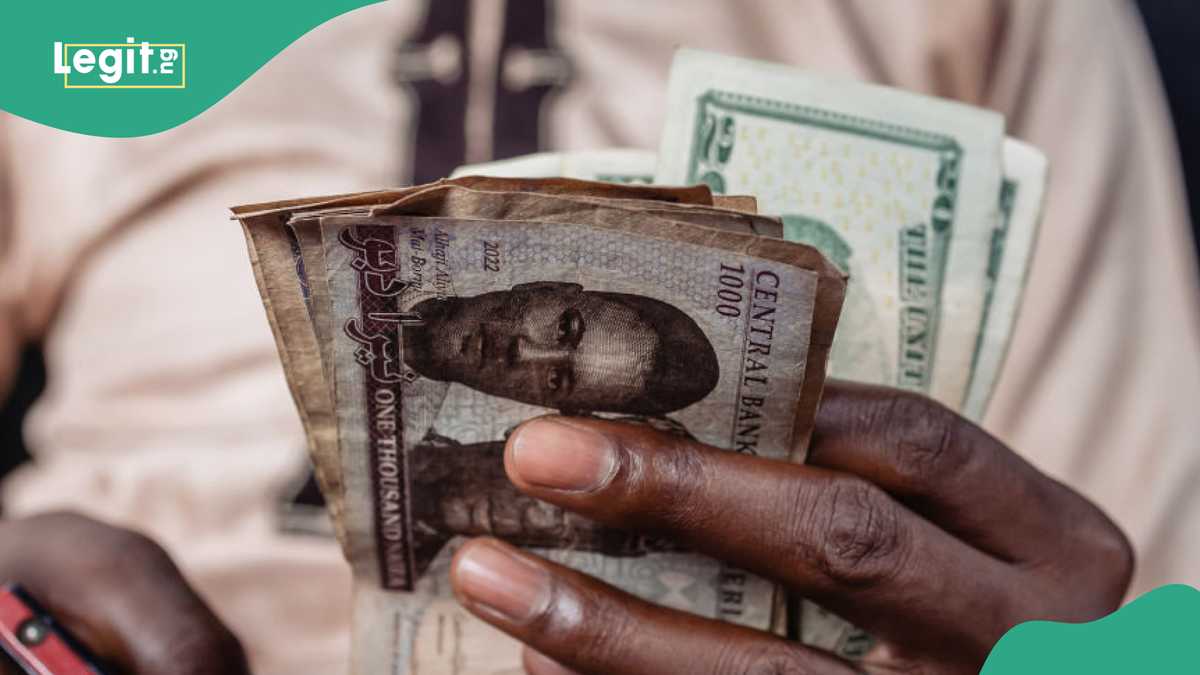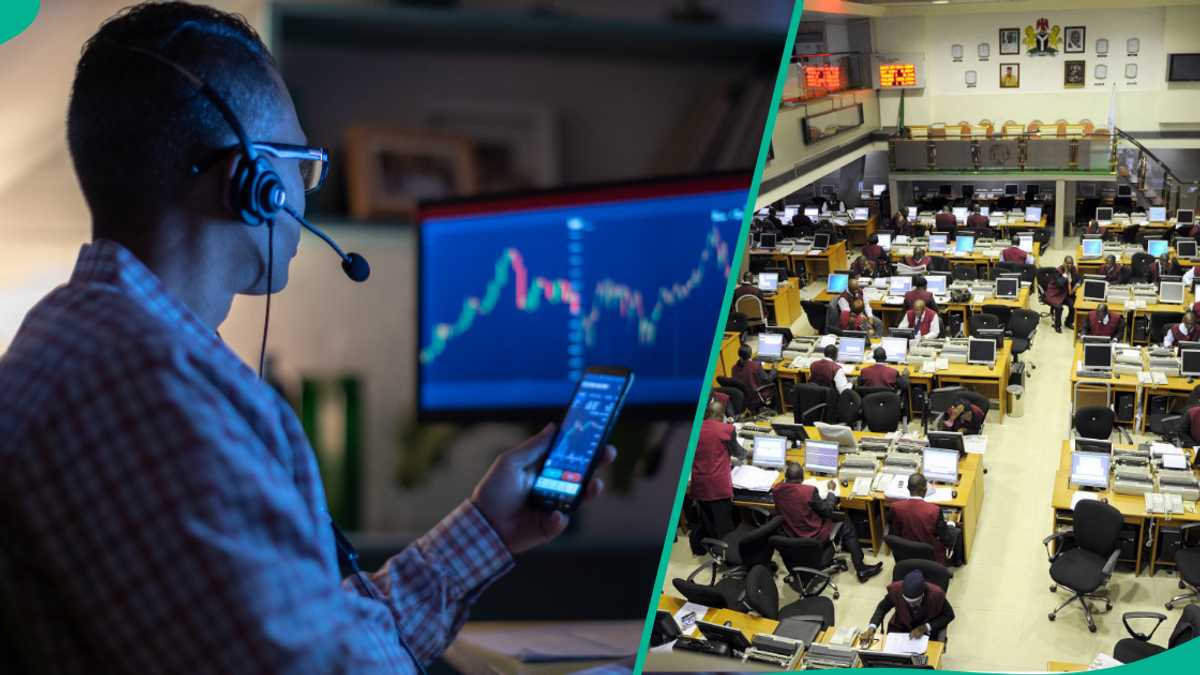Entrepreneur vs. Business Owner: What's the Difference? | Britannica Money

Is every small business owner an entrepreneur?
© Westend61––Westend61/Getty Images, © Halfpoint/stock.adobe.com, © standret/stock.adobe.com; Photo composite Encyclopædia Britannica, Inc.
For many people, the word “entrepreneur” conjures up the archetypal image of a Silicon Valley start-up founder, shopping around the “next big idea” to deep-pocketed venture capitalists—sort of like what you’d see in an episode of Shark Tank. This type certainly exists, but it’s only a fraction of the picture.
The scale of entrepreneurial ventures is much wider and more diverse than you might think at first. Take your local baker, shop owner, self-employed dog walker, plumber, or social media influencer. These are all small business owners, and there are many more of them in the entrepreneurial—sometimes “side hustle”—crowd than there are aspiring “big business” types.
Although all entrepreneurs must think innovatively to thrive, not all are innovators with a capital “I.” And although most entrepreneurs seek to grow their businesses, not all aim to scale to colossal proportions. Most just want to grow enough capacity to serve more customers, generate more cash, and/or get the bills paid while doing what they love.
Entrepreneurs occupy a wide and diverse field across the economic spectrum. Here’s a closer look at entrepreneurship and how entrepreneurs differ from corporate executives and small business owners. We’ll also explore the different entrepreneurial types and the important roles they play in the broader economy.
An entrepreneur is a person who bears the economic uncertainties and risks of starting and running a new business to generate profit and economic value.
This kernel of a definition implies a myriad of business characteristics, capabilities, and conditions:
These are just a few of the qualities nested within the short definition above. It’s clear that entrepreneurs take a leading role in economic activity. But how are they different from other business leaders, like executives and managers?
Entrepreneurs, small business owners, and corporate executives share one thing in common: A position of leadership. But although they also differ on many grounds, perhaps the biggest distinction boils down to risk, and whether the entity’s operations require the four entrepreneurial qualities above.
Entrepreneurs and business owners typically take on the largest share of business risk. In return, they often stand to earn the largest share of business profit. If the proverbial ship begins to sink, an entrepreneur and a business owner go down with it, whereas a company executive can either leave the ship (quit) or get escorted off (lose their job).
Many business owners display some entrepreneurial qualities. For example, opening the fourth pizza joint or craft brewery on Main Street might be financially risky. However, it’s not exactly disruptive or visionary.
Also, entrepreneurs often concentrate on the strategic elements of a business, which are particularly important in the early stages. Later on, the entrepreneurial spirit may cede control to a more tactical-minded executive leader.
Besides creating jobs and putting goods or services onto the market, what other vital role do entrepreneurs play in the economy?
Entrepreneurs bridge the gap between “what’s there” and “what isn’t there but could be.” Maybe it’s about bringing an existing product into a market that didn’t have it. Or maybe it’s about inventing and producing a new product that hasn’t yet been imagined. Such gaps provide entrepreneurs with a field of opportunity for producing value and reaping economic rewards.
Entrepreneurs have the advantage of iterating products rapidly on a trial-and-error basis. Mature companies, on the other hand, don’t always have this capacity due to their size and slower speed.
In short, entrepreneurs are essentially agents of change. They’re visionaries who drive the economy forward by developing new ways to produce value, whether it’s in the quality of the bread you eat or the futuristic functionalities of your latest AI software.
The diverse range of entrepreneurial enterprise is, to some degree, a function of the far-reaching creativity of the entrepreneurial mind. These categories—which don’t necessarily cover the entire spectrum—are dynamic, meaning they can easily blend into one another. Plus, you might notice overlap between some entrepreneurship and business ownership, as described above.
In other words, as you read this list, just know there’s plenty of subjectivity involved:
There are plenty of other entrepreneurship categories, and more will likely develop. For instance, lifestyle entrepreneurs seek opportunities not only to generate economic value, but also to make radical changes to their own personal lifestyle. Large company entrepreneurship is another category that applies to mature corporations that continually reinvent themselves by entering new industries through buying smaller and emerging businesses.
Simply put, entrepreneurship is about taking on the risks of starting a new business. If you choose an entrepreneurial path, you become an agent of change, creating economic and consumer value by bridging supply/demand gaps, improving upon product or production inefficiencies, or creating products or services that are needed but don’t yet exist. This is how entrepreneurs make the economy more competitive and, in the process, help the economy advance at every scale and in every industry.
- What Is an Entrepreneur? | bdc.ca








